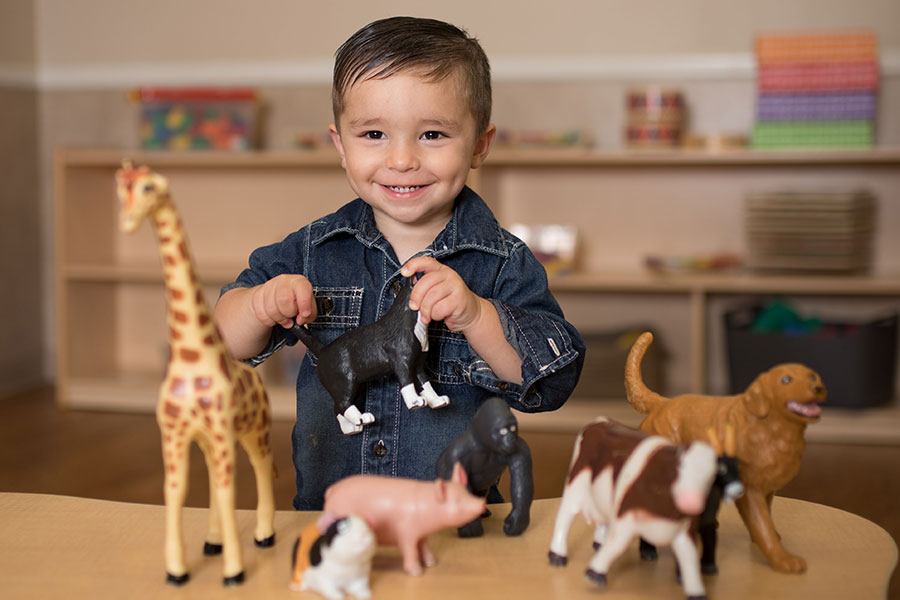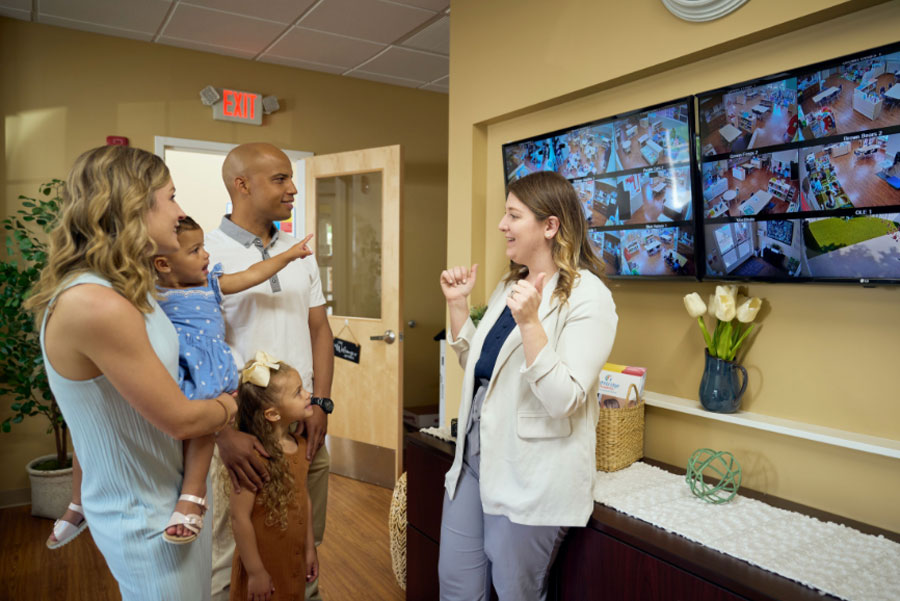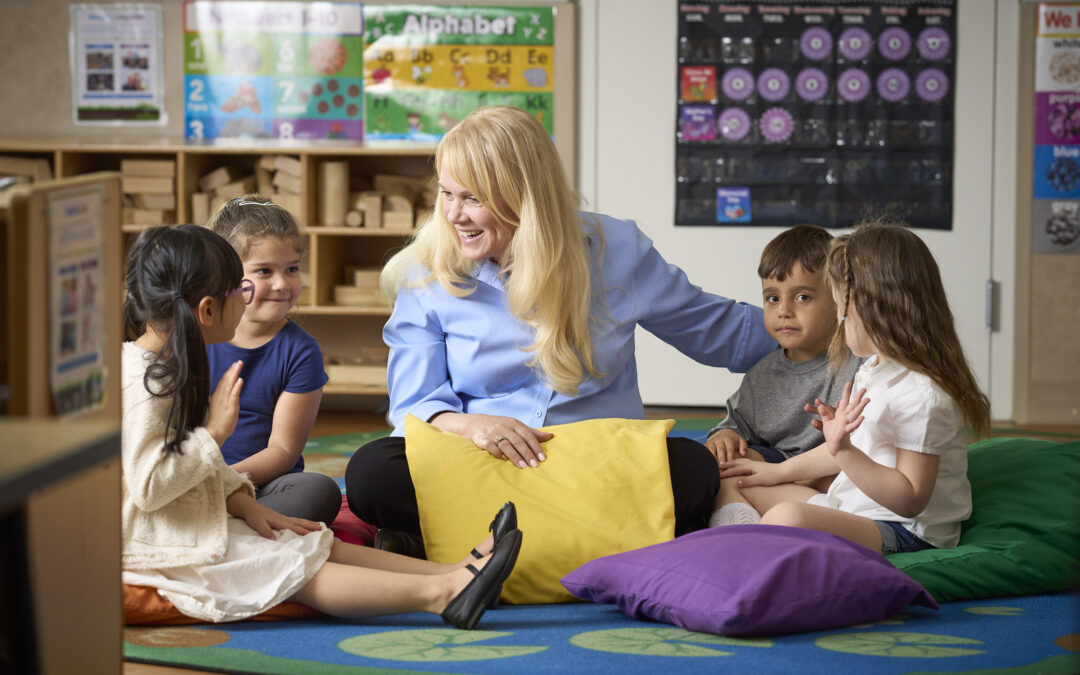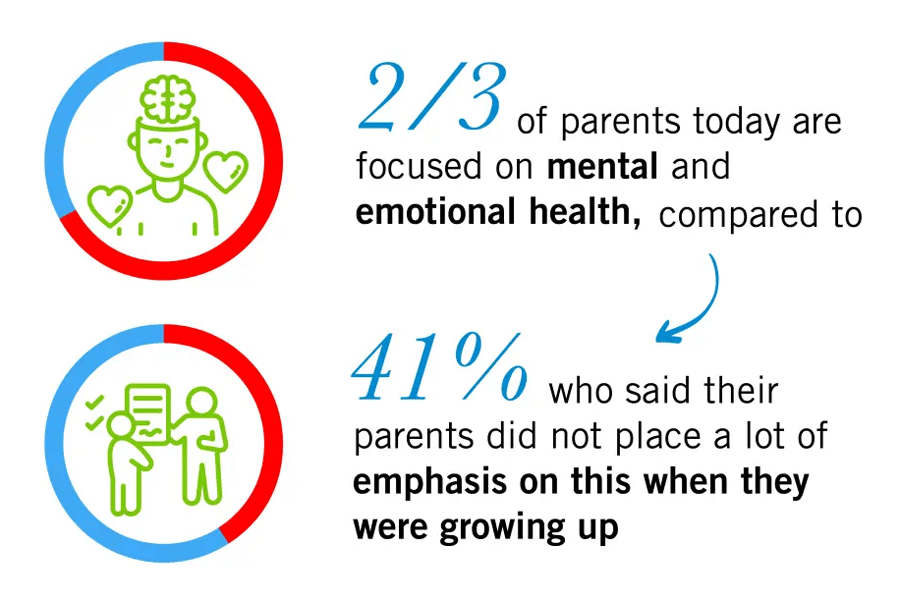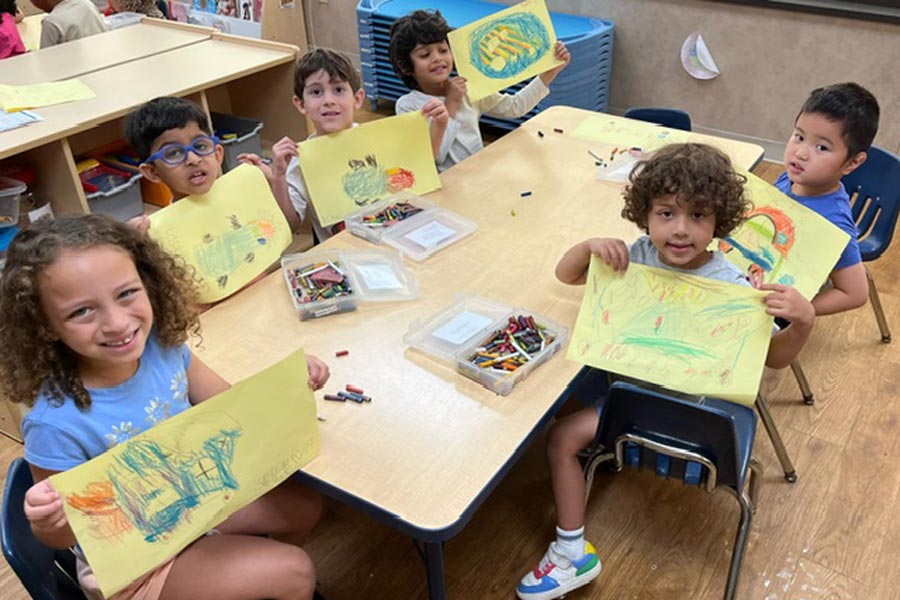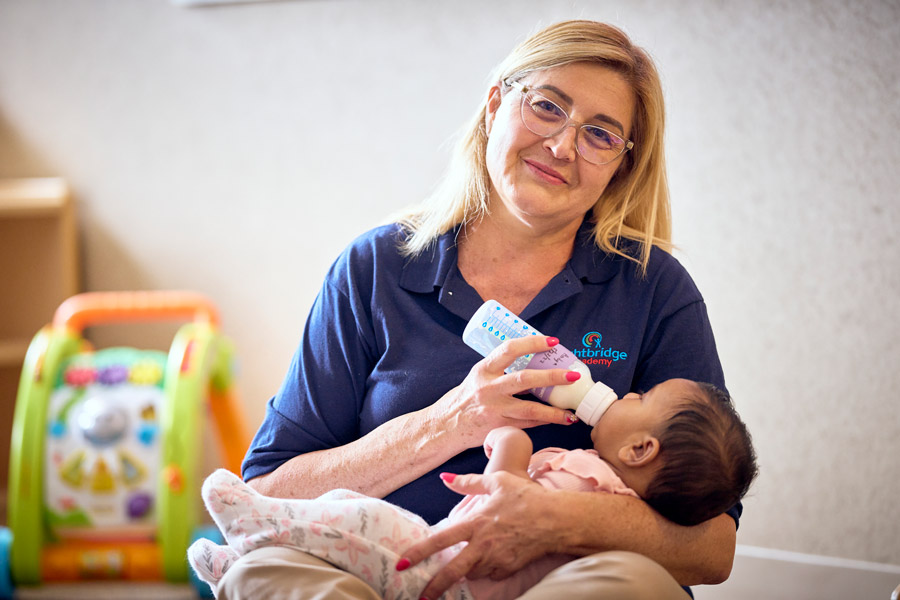Talking to your young child about crisis and what’s currently happening in the world can be complicated – How much should I share without scaring them? What is developmentally appropriate? What are the right words to explain what’s happening? What questions will they have, and will I be able to answer them?
Their routines have been broken and the world seems unfamiliar and out of the ‘norm’, they’re home all day and not seeing their teachers or friends. They’re going to be inquisitive, it’s just how they’re programmed!
It’s a lot to process for adults, let alone children. Depending on your child’s age, they might already be hearing about ‘Corona’ or ‘COVID’ from media, adults in their lives, etc. So, what do we do?
Providing them with appropriate information they need while making sure they ARE safe and FEEL safe is most important. Here’s a few tips on questions to ask and how to respond.
What have you heard about the coronavirus?
Ask questions to help you gauge what your child may have already heard and believe about the situation. You might ask, “Are your friends talking about the coronavirus? What are they saying?” or “Have you heard anyone talking about a sickness that’s going around?” Their answer will give you an idea of where to begin your conversation.
Do you know what the coronavirus is?
Be honest and keep it basic, no need to overshare. Just be available to them and encourage them to ask any questions they may have, and it’s okay if you can’t answer everything. A simple and easy explanation is: ‘it is a germ that makes people sick’.
How can we stay healthy?
Rather than illness, focus on what they can do to help make sure everyone stays healthy. Explain that this is why we practice healthy habits… and be a role model for your child. Show your little one how to properly wash their hands, and how often. Handwashing should be for a minimum of 20 seconds in length, and be done before and after meals, after using the bathroom, or playing with toys. Have your child sing their favorite tune while scrubbing. When they’re done singing – their hands are clean! Also, explain the importance of keeping their hands away from their faces. It’s hard, we know, but try!
Another great way to stay healthy is by encouraging them to playing outside, weather permitting of course! The fresh air and Vitamin D are great for all of us and will help break up the monotony of sitting inside all day. Not sure what to do with them while outside? Bring a few of their ‘inside toys’ out, there are no rules! Enjoying a picnic, playing with the dog, teaching them to ride a bike, do some gardening and drawing with chalk are also some fun ideas.
When will we go back to school?
This is a tough one. But, again, be honest and keep it as simple as possible. Let them know that everyone wants to be together again and look for ways to keep them connected with their friends. Join the Lightbridge Academy Facebook Live daily activity or set-up a Facetime call with one of their buddies. Even small moments of connection can go a long way!
What are we doing today?
Children feel safe and secure when they know what to expect. Create a daily schedule and post it on the wall. Let them check off their list. This is a great way to keep them on track with what they are used to doing when they were going to school. Routines give young children (and even adults!) a sense of security and help reduce the ‘unknown’ anxiety. Since change happens frequently in a young child’s life (new foods, new clothes, new bed, new house, new siblings, etc.), adjustments are easier to make when they occur in the context of a familiar routine.
There are also a plethora of helpful resources available online to assist you in helping you child to continue to learn and achieve developmental milestones while at home.
We’re all trying to figure this out. Take it one day at a time, and don’t overlook some of the “positives” that are coming from this challenge. We are getting a once-in-a-lifetime opportunity to slow down, soak up as much family time as possible, create beautiful memories together, and turn daily tasks into teachable moments!



